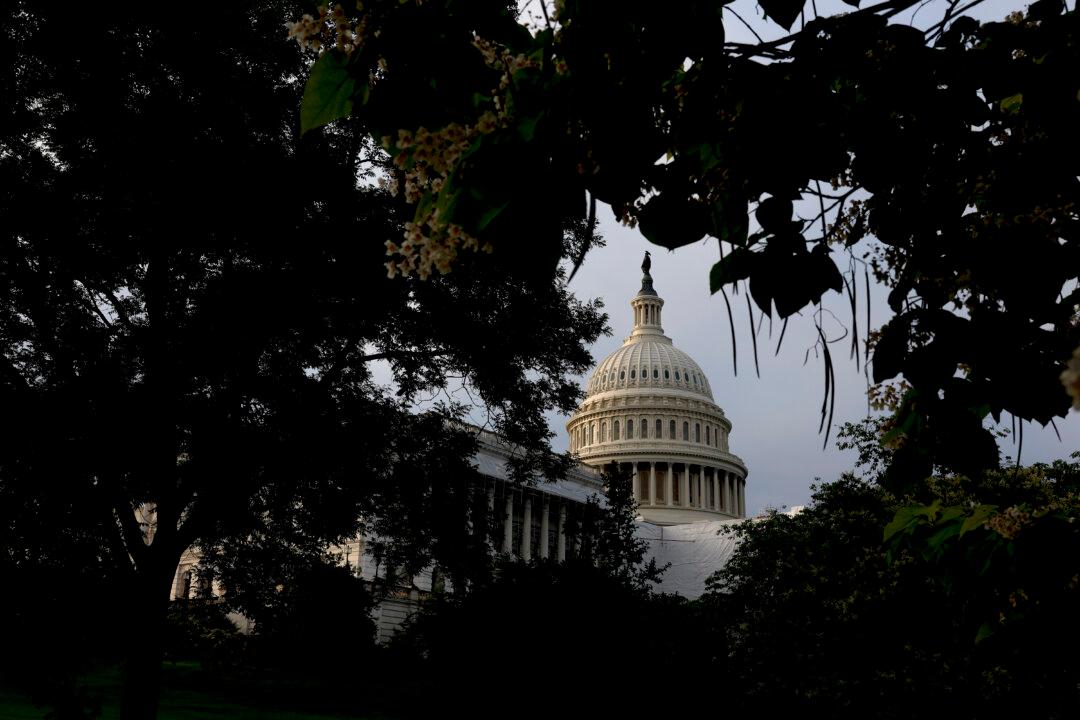Commentary
A remarkable event happened this week, something I’ve dreamed about most of my professional life but has only now taken place. A panoply of government agencies actually experienced dramatic cuts in personnel. The Department of Health and Human Services (HHS) has cut at least 10,000 and maybe as many as 20,000 jobs—the precise number is unclear—all in one fell swoop.





